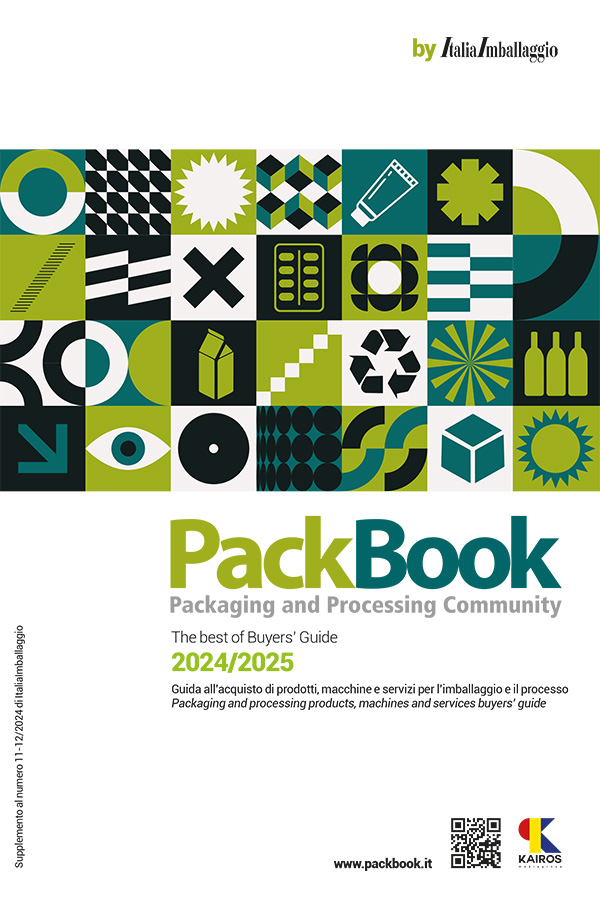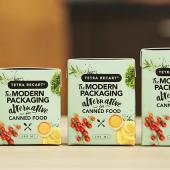Castelli (Ipack-Ima): “Data and calculation methodologies are the only tools capable of defining sustainability”
The CEO of the trade fair: “The challenges are many, including the fragmentation of the Single Market which derives from the numerous exceptions provided for in a discretional way for Member States”
Scheduled in Milan from 27 to 30 May 2025, the reference trade show at international level for food and non-food packaging and processing, is set to be one of the sector’s first opportunities for discussion and exchange on the new provisions of the Regulation, around year after its approval, whose effects on the market will by then be evident. Simone Castelli, CEO of Ipack-Ima talks to us about this.

«After the Parliament vote in November, in which an attitude open to recognizing the role of packaging had prevailed, the Trilogue has gone once more in the direction of greater closure. Looking at the prohibition of disposable plastic and of bags with thicknesses less than 15 microns, we feel obliged to highlight the impact that this will have on our sector, especially for producers of materials, but also for producers of machines that have to redefine their strategies on the basis of new market requests.
And while the European institutions have opened a window with the exclusion of disposable bags for processed fresh products such as salad, fundamental packaging to guarantee food safety and shelf-life, or cardboard for fast food and take away, this last sector is requested to open up to the reuse of containers, which presents a significant organizational challenge.
The world of industry believes in the data and in calculation methodologies, the only tools able to define sustainability. The challenges are many, including the fragmentation of the Single Market which derives from the numerous exceptions provided for in a discretional way for Member States, which one the one hand, rewards countries stronger in recycling, like Italy, exempting them from certain obligations; on the other hand, they force machinery and material producers to adapt to the differences between one market and another, also within the European Union, where for years the focus has been on harmonisation».






















